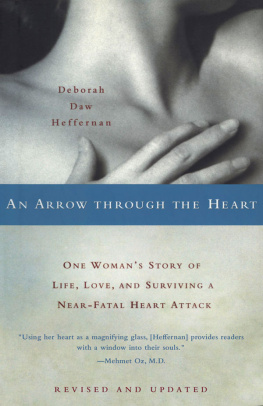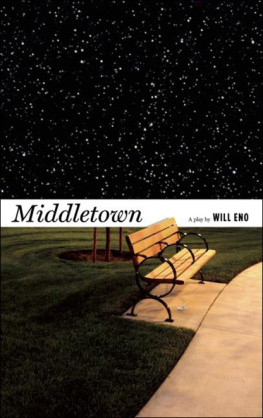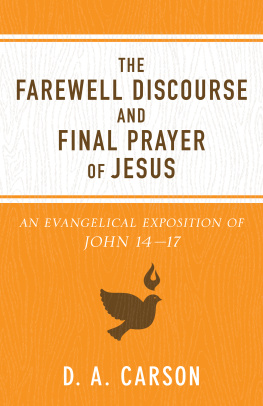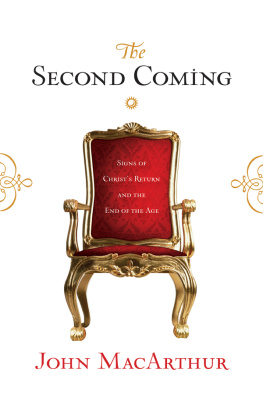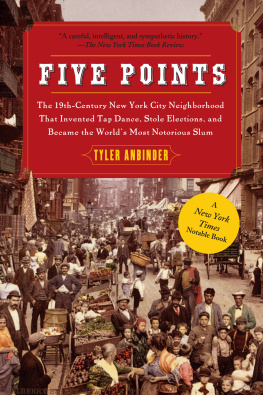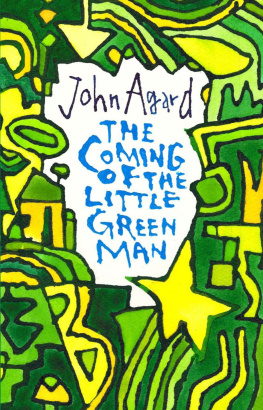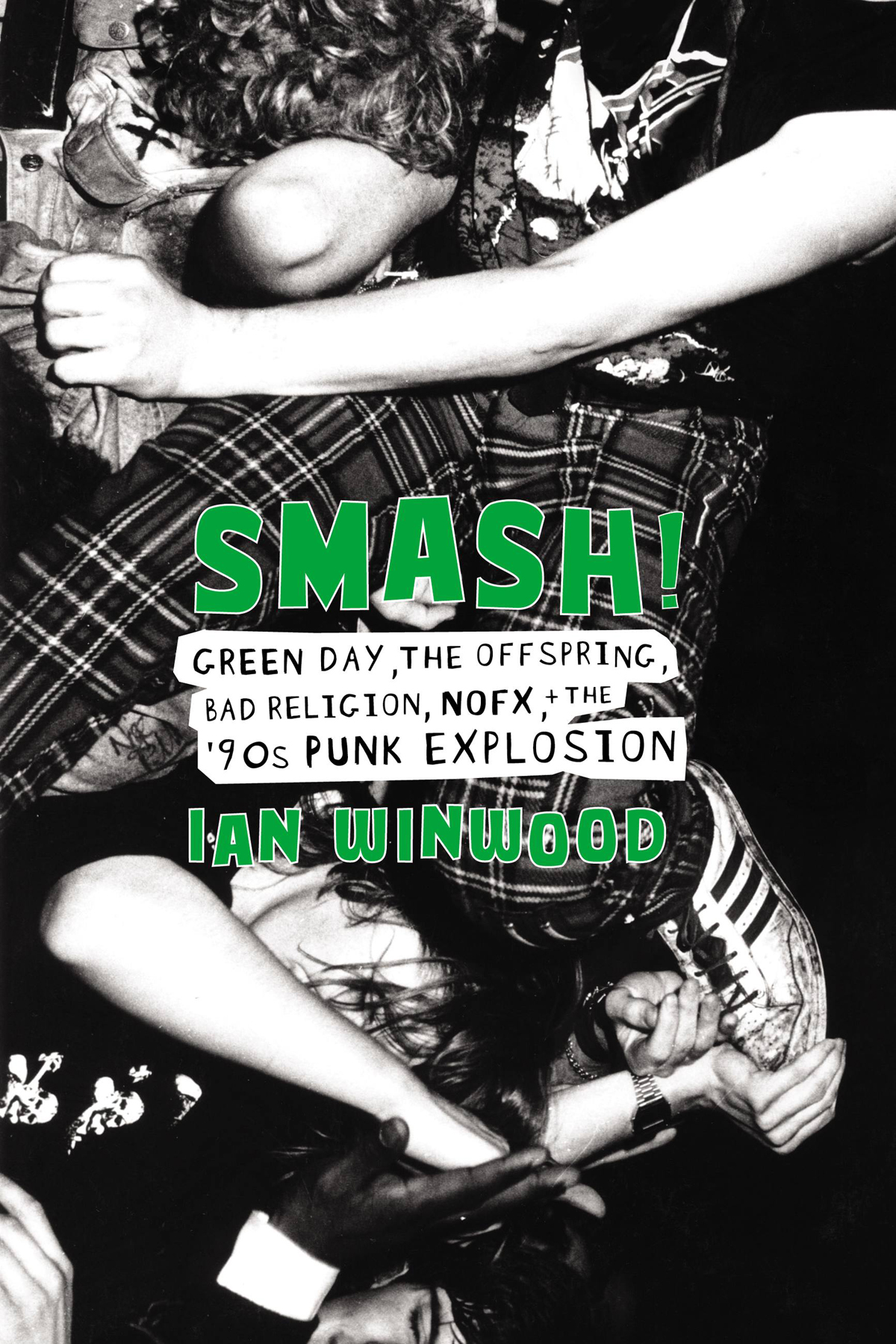Cover copyright 2018 Hachette Book Group, Inc.
Hachette Book Group supports the right to free expression and the value of copyright. The purpose of copyright is to encourage writers and artists to produce the creative works that enrich our culture.
The scanning, uploading, and distribution of this book without permission is a theft of the authors intellectual property. If you would like permission to use material from the book (other than for review purposes), please contact permissions@hbgusa.com. Thank you for your support of the authors rights.
Published by Da Capo Press, an imprint of Perseus Books, LLC, a subsidiary of Hachette Book Group, Inc. The Da Capo Press name and logo are trademarks of the Hachette Book Group.
The Hachette Speakers Bureau provides a wide range of authors for speaking events. To find out more, go to www.hachettespeakersbureau.com or call (866) 376-6591.
The publisher is not responsible for websites (or their content) that are not owned by the publisher.
What is this free hippie love shit? asks Billie Joe Armstrong, his voice a mixture of mischief and malice. A sky-blue, sticker-strewn Fernandes Stratocaster guitar hangs low at his waist. Everywhere he looks his life is changing with great speed. The twenty-two-year-old regards the audience heaving before him and offers a greeting.
How you doing, you rich motherfuckers?
It is August 14, 1994, a Sunday afternoon, a supposedly summers day in upstate New York. Half a million people have descended on Winston Farm in Saugerties to commemorate, and hopefully celebrate, the twenty-fifth anniversary of the now folkloric Woodstock Music and Art Fair. It was at this event that four hundred thousand people gathered to see bands such as The Who, Santana and the Jimi Hendrix Experience, and hear The warning to give a wide berth to the brown acid. A quarter of a century on, at Woodstock 94 the appetite was more amphetamine than hallucinogen. In the dog days of summer, bands such as Metallica, Nine Inch Nails and Red Hot Chili Peppers were on-site to trample on any notions of peace and love.
In case you were wondering, the answer to Billie Joe Armstrongs impolite enquiry was Yeah, not so good.
Considering the scene of rural misery stretched out before him, Armstrongs words were not emollient. From the lip of the stage to the flat of the horizon, people stood soaked in rain and slurry. The sight resembled a refugee camp, only with four-dollar bottles of water instead of worldly possessions. With crashing predictability, as Woodstock 94 began, so, too, did the rain. On the border that separates the torrential from the unmanageable, for three days a dishwater sky threw its very worst onto the campers below. In an interview from this sorry site to a radio station in Sydney, the Australian journalist Andrew Mueller described the scene in one word: shithouse.
I hope it rains so much you all get stuck, announced bassist Mike Dirnt as if fingering the trigger of a gun.
This was the summer that saw the second coming of punk rock. In the United States, certainly, this arrival was a spectacle witnessed by an audience far in excess of that which lent an ear in the direction of the Ramones in 1976. A generation on, the new breeds two biggest bands, Green Day and The Offspring, were legitimate mainstream concerns. Each bands third album, Dookie and Smash respectively, had attained platinum status, and would go on to sell many multiples more. And while the disdain of audiences old enough to have witnessed the events of 1976 firsthandThats not punk! was the phrase that most commonly greeted these arrivistes from the generation that followedfell like drizzle, for millions of younger listeners the Class of 94 were the real thing. In other words, they were the real thing.
Billie Joe Armstrong inhabited a world where he could be found smoking my inspiration. Eighteen years after the Sex Pistols Johnny Rotten had announced, I dont work, I just speed, in 1994 only the drug of choice had changed.
While punk rock as heard in 1994 had its army of older detractors dismissive of what they regarded as a sanitized sound and safe parameters, at Winston Farm the scene was one of authentic chaos. For many an older head, chaos was the genres key currency. It was chaos that John Lydon, the onetime Johnny Rotten, summoned at the Ritz in New York in 1980, when his band Public Image Ltd. performed behind a curtain, as he goaded the audience to riot by repeating the words silly fucking audience over and over again (duly, they obliged). That same year, it was chaos that spilled out onto the thoroughfares of Times Square following a series of dangerously oversold shows by The Clash.
The scene at Winston Farm, though, was chaos on an epic and dangerous scale. With gleeful abandon, Green Day provided the avenue through which an already testy and volatile crowd could express its frustrations. Billie Joe Armstrong would later opine that I dont think we played that well at Woodstock 94, as if this was somehow the point. By the time the trio had begun to slog their way through the normally definitive groove of When I Come Around, the sky was filled with clumps of mud launched toward the stage. By the end of the song, the platform on which Green Day were by now attempting to perform resembled a painting by Jackson Pollock. Amid scenes that were by turns farcical and fearsome, stagehands attempted to cover the stage in sheets of plastic. In an equally futile gesture, Billie Joe Armstrong abandoned his guitar in order to return at least a few clumps of mud in the direction from whence they came, all the while singing the words and the melody to Twisted Sisters pleasingly brainless anthem of bedroom rebellion, Were Not Gonna to Take It.
Look at me, Im a fucking idiot, he announced, describing either the people in the audience or himself, or possibly both.
After forty-five febrile minutes, Green Day left the stage. In attempting to do so, Mike Dirnt was tackled by a security guard. The collision sheared his front teeth. Prior to his bands arrival that Sunday afternoon, Billie Joe Armstrongs greatest concern was that the slurry at his feet would ruin his box-fresh pair of black Converse. Such thoughts now seemed many miles removed. Leaving behind a stage in a state of some destruction, Green Day were expedited from Woodstock 94 by helicopter, a mode of transport of which the frontman was terrified.
Woodstock [94] was about the closest thing to anarchy Ive ever seen in my whole life, Armstrong told the author in 2004. And I didnt like it one bit.
This, though, was also beside the point. Spearheading a new breed of punk rockers, in upstate New York Green Day had orchestrated a riot; a riot of their own.
T he one thing on which the dozens of people interviewed for this book are all agreed is the fact that up until 1994, any musician who decided to form a punk rock band was making a poor career choice. Metal bands made money. Hip-hop collectives made money. Country singers made money. But for many of its practitioners, punk rock did not guarantee a living.


